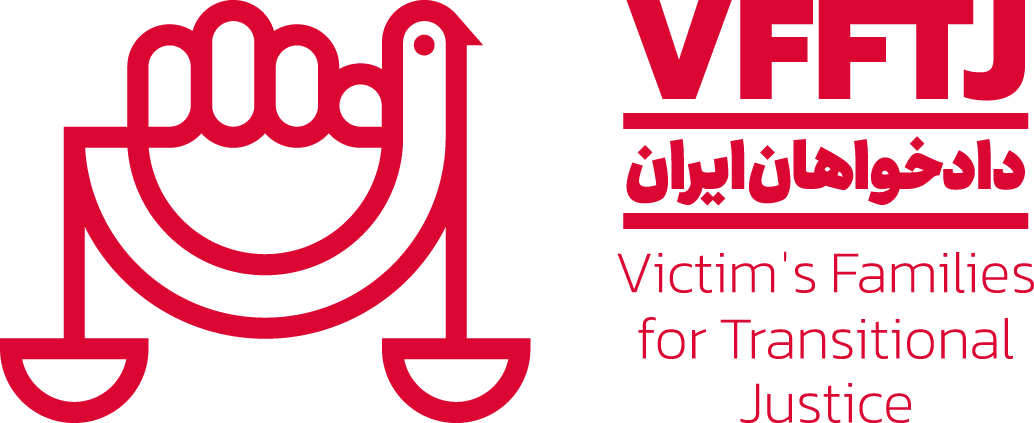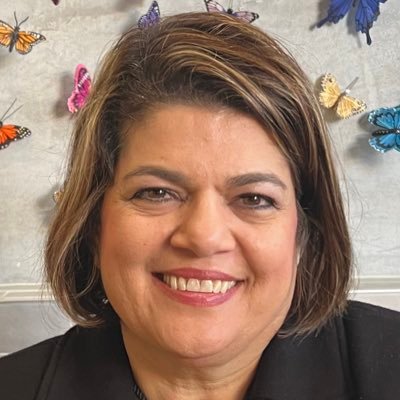Lawdan Bazargan is a political and human rights activist, a former political prisoner, and a member of the families of those killed in the 1988 massacre of political prisoners. For decades, she has written extensively about the 1988 massacre, protest movements, mothers and families who have lost their loved ones, and the pursuit of justice. Over the past four decades, Bazargan has been committed to seeking justice and exposing the crimes of the Islamic Republic of Iran.
In 2020, Lawdan Bazargan launched a campaign for the dismissal of Mohammad Jafar Mahallati, the former ambassador of the Islamic Republic of Iran to the United Nations during the 1988 massacre. She demanded Mahallati’s removal from his professorship at Oberlin College, exposing his role in denying and covering up this crime. In addition, Bazargan has been active in the Iran Tribunal Court and is currently a member of “Dadkhahan Khavaran”, a group seeking justice for the victims of the bloody decade (1979-1988).
Bijan Bazargan, Lawdan Bazargan’s brother, was one of the victims of the 1988 massacre. He had studied in London, was an activist in the student movement abroad, and returned to Iran after the revolution to serve his country. After his return, he passed the university entrance exam and was admitted to study paramedicine. However, in 1982, he was arrested for allegedly supporting the “Union of Communists of Iran”. After two years of uncertainty, he was sentenced to ten years in prison. Yet, six years and three months after his arrest, without any clear justification, he was hanged along with more than 5,000 other political prisoners. The regime never returned Bijan’s body to his family, and even after more than three decades, his burial site and will remain unknown.
Lawdan Bazargan remains active in exposing the Islamic Republic’s crimes, fighting against its whitewashing in international forums, and striving to achieve justice for the victims of the regime.




